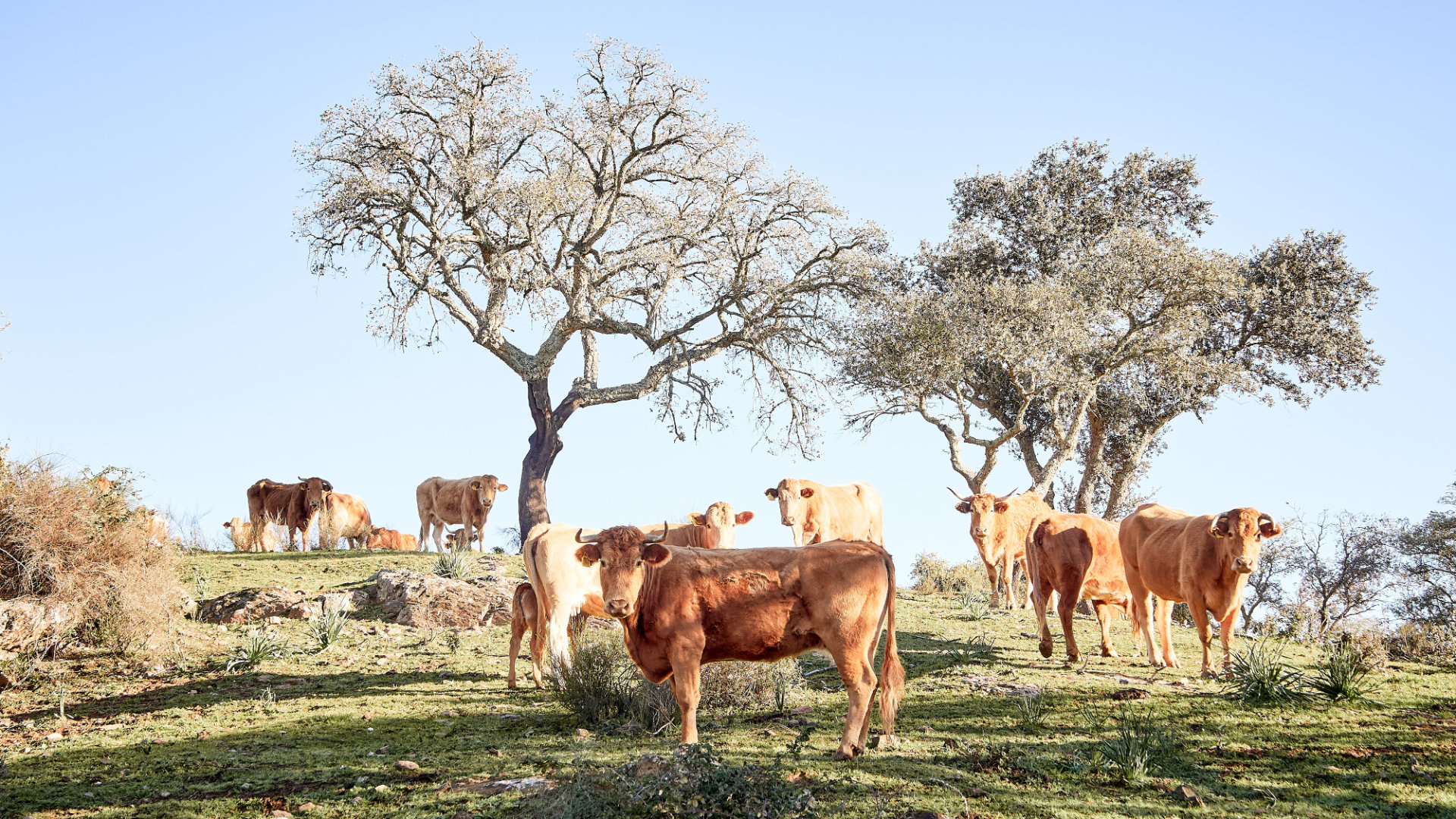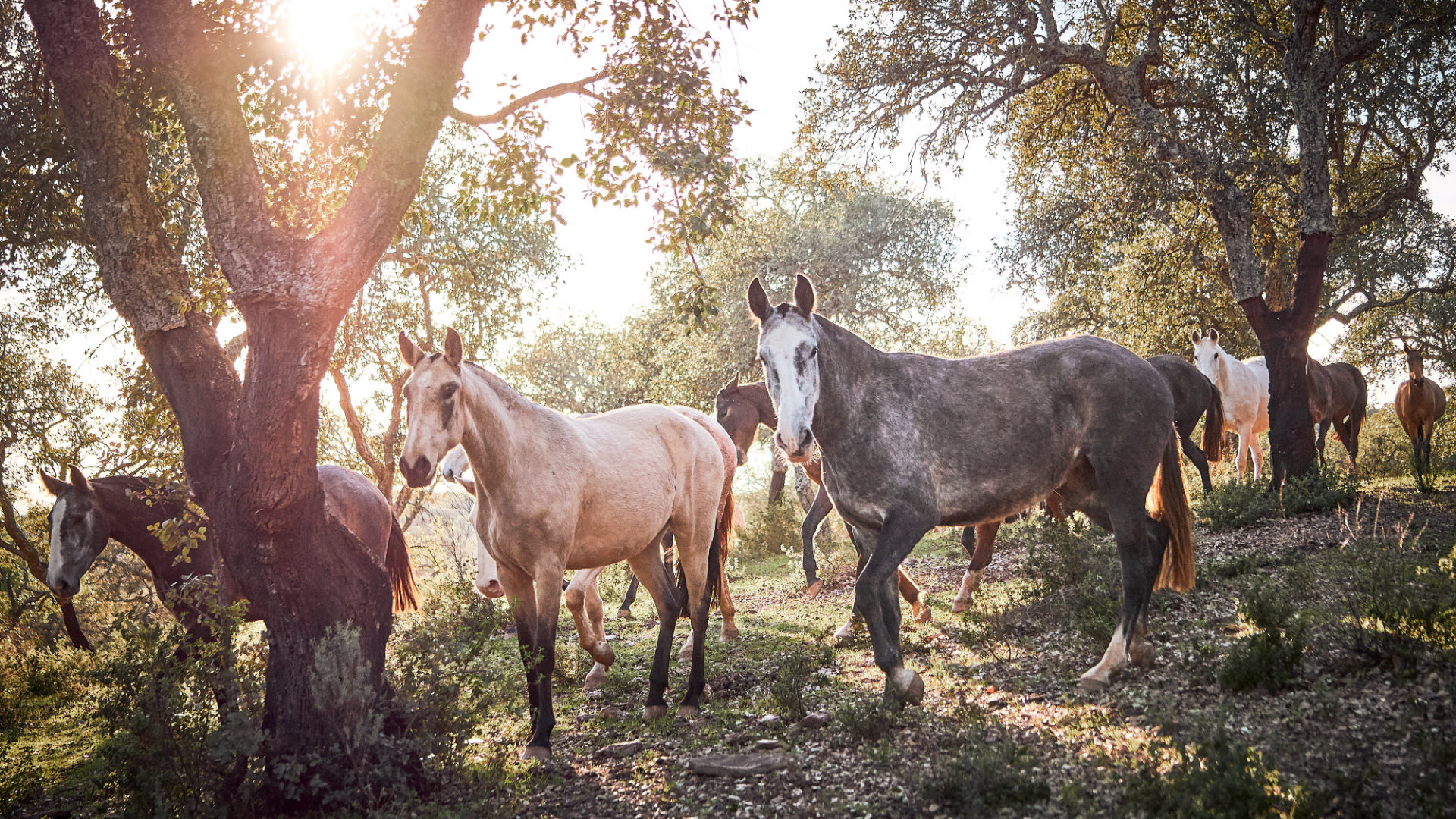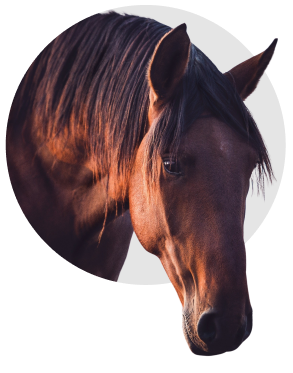The shaping of the Lusitano by the Portuguese bullfighting tradition

Natural "cow sense"
The Lusitano horse breed, an icon of Portugal, is closely linked to the local culture and especially to the tradition of Portuguese bullfighting. Originally native to Lusitania, now Portugal, the Lusitano evolved in close association with the wild bulls along the Tagus River. This natural "cow sense", an intuitive ability to understand cattle, has been perfected over centuries through targeted breeding.
Bullfighting and breeding objectives
Unlike in Spain, where bullfighting from horseback was banned in the 18th century, this tradition has been preserved in Portugal to this day, albeit without bloodshed. This had a significant influence on breeding objectives: while Spanish horses were developed more for show and parade, Portuguese breeders focused on functionality and intelligence. A balanced canter, quick changes of direction and a courageous yet gentle nature were particularly valued - all crucial for success in bullfighting.

Worldwide reputation as multi-talented
In Portuguese bullfighting, where the bull is not killed and an injured horse is considered a disgrace, it is of great importance that the horse remains agile, calm and controllable even when confronted by the bull. The Lusitano, still active in this discipline, demonstrates speed, courage and a natural instinct for working with cattle.
The bullfighting tradition has not only shaped their functional characteristics, but has also contributed to their worldwide reputation as a versatile and talented breed.
